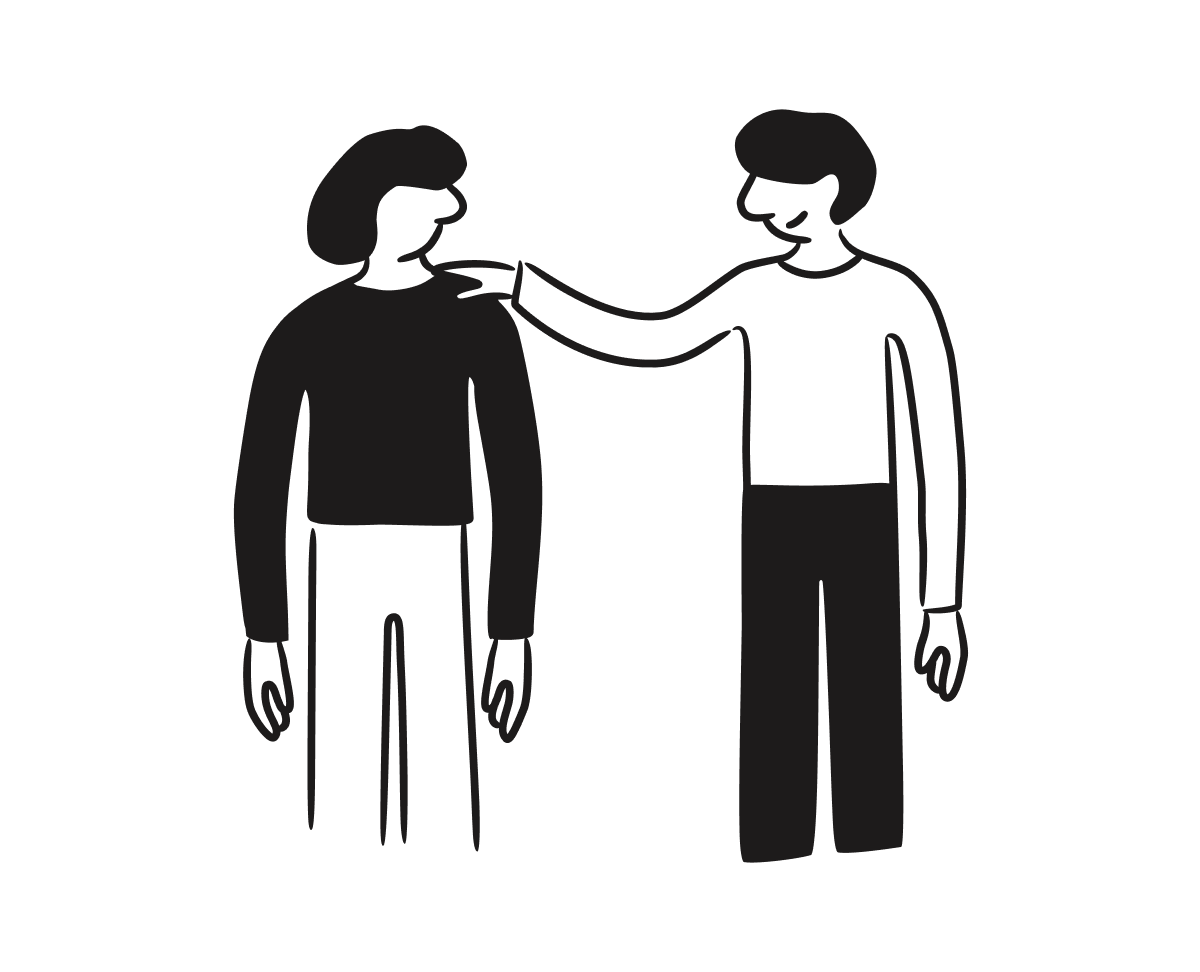Autism and mental health
Being autistic is not an illness or a disease. It means your brain works differently. Someone who is autistic may find it hard to communicate and interact with other people, also find it hard to understand how other people think or feel, and can get anxious or upset about unfamiliar situations and social events.


How does autism affect mental health?
Autistic people are more likely to experience mental health symptoms, not because of autism itself, but because autistic people often face unique challenges that can negatively impact their mental well-being. Common symptoms can include anxiety, depression, or obsessive-compulsive disorder (OCD).
Looking after yourself

Track your feelings
Using an app on your device can help you keep track of your feelings and make sense of them. Try Molehill Mountain

Stay active
Keeping active makes you healthier in mind and body. It can also help you sleep. You don’t have to be running miles every day, activities like housework, yoga and walking all count.

Establish a routine
It may be beneficial to setting yourself a routine for eating, taking medication, and going to bed every day - not to forget reserving a time to relax with friend and family.

Talk to someone you can trust
Talk to someone you trust about your feelings, like a family member or a friend who can help you understand your worry or anxiety.
Support with Mindler
While we’re not able to diagnose or treat autism, we can help with the emotional and psychological impact you may experience—such as low mood, anxiety, or stress.
Mindler )previously ieso) treats a range of common mental health issues including anxiety and worry, depression, post-traumatic stress disorder, obsessive compulsive disorder, phobias, sleep problems, and stress. Online therapy can be especially useful for those who are unable to travel or find it harder to leave the house because sessions take place online from the comfort of your home, from your smart phone or tablet, or anywhere where you connect to the internet.
If you’re experiencing difficulties, it’s important to speak with your GP first. They will be able to talk you through different support options suitable for your needs. One of the things they might suggest is cognitive behavioural therapy (CBT) which helps you to manage your feelings by changing the way that you think and behave.

What we treat
From trouble sleeping to anxiety to depression, mental health conditions can affect many of us in different ways. Mindler clinicians treat a range of common mental health symptoms.
Where to get urgent help

Support is available if you or someone you know is having a mental health crisis or emergency, no matter what you're going through.
If you or someone you know is having a mental health crisis, you can get urgent support here
Or speak to your GP or a mental health professional. Let them know about the symptoms you’re experiencing, and they can support you with what help is available.









